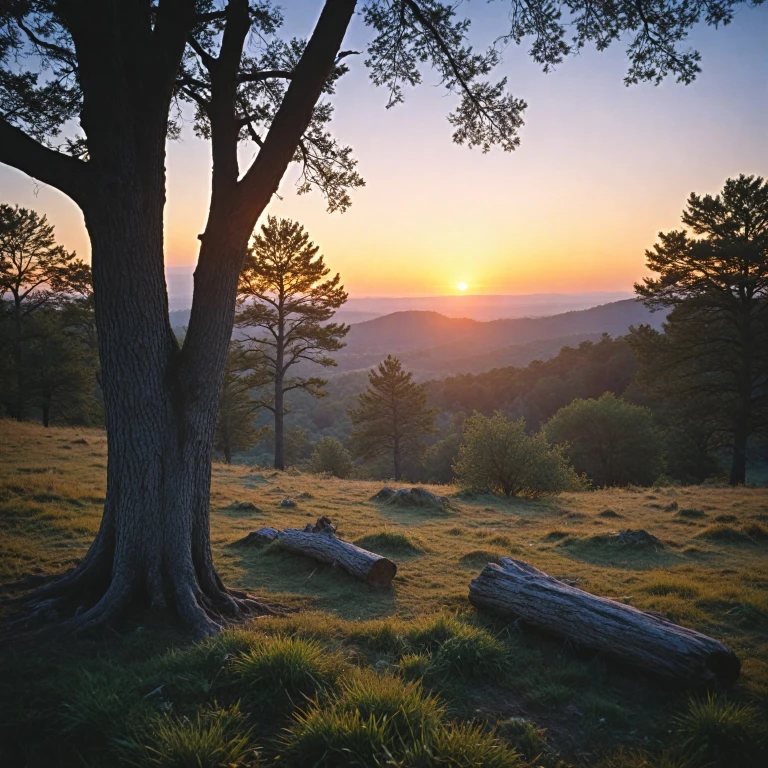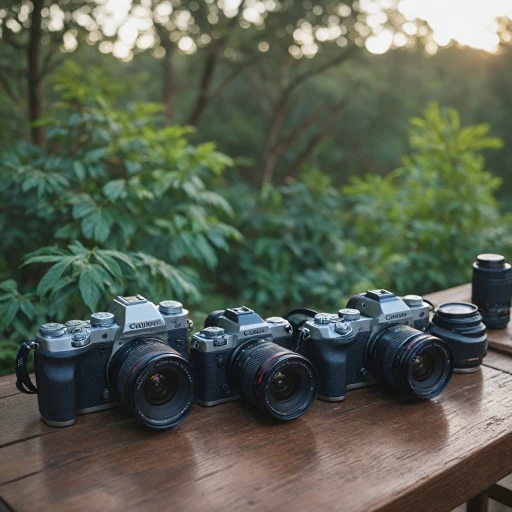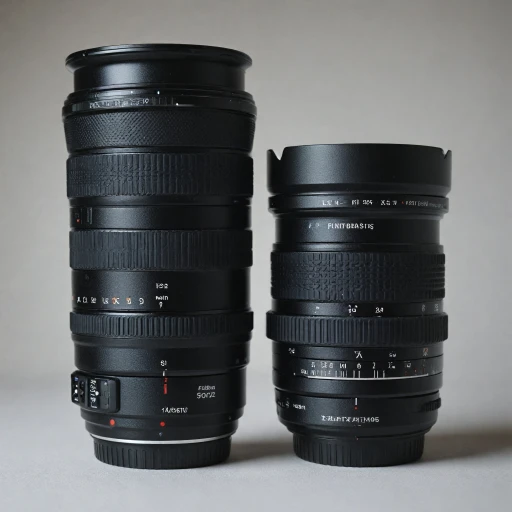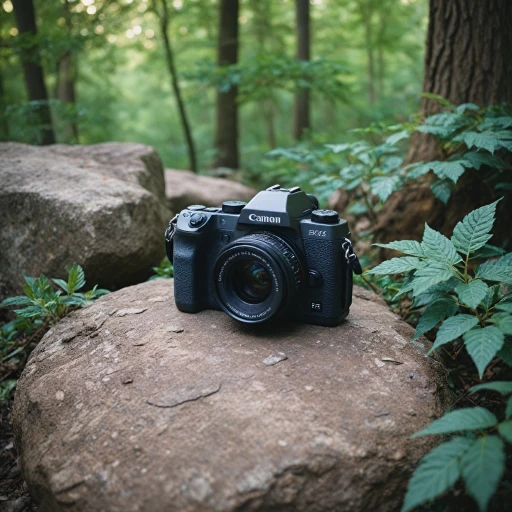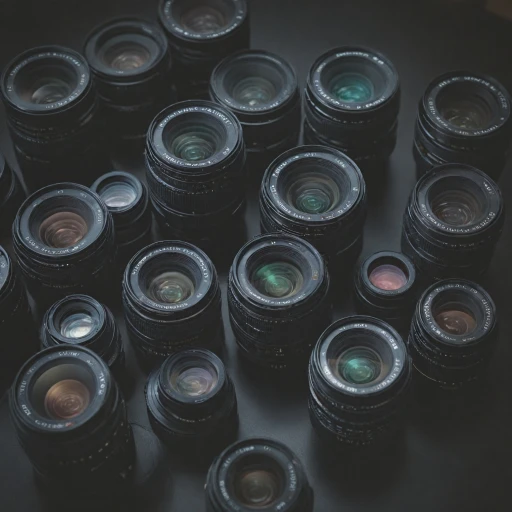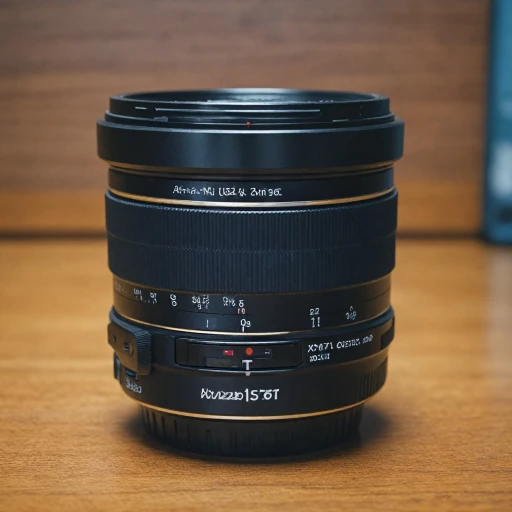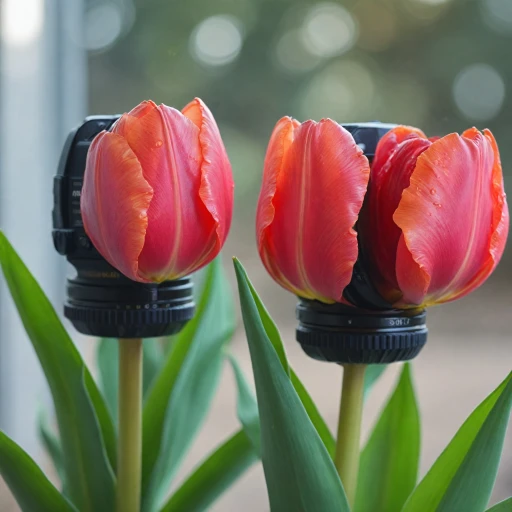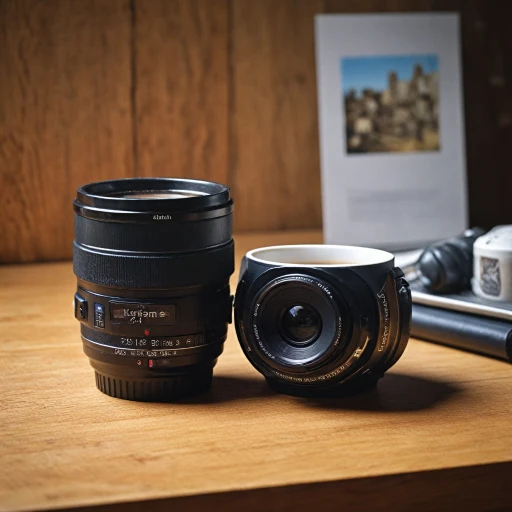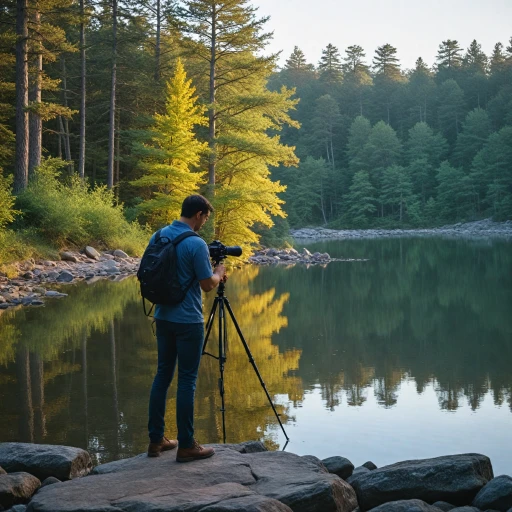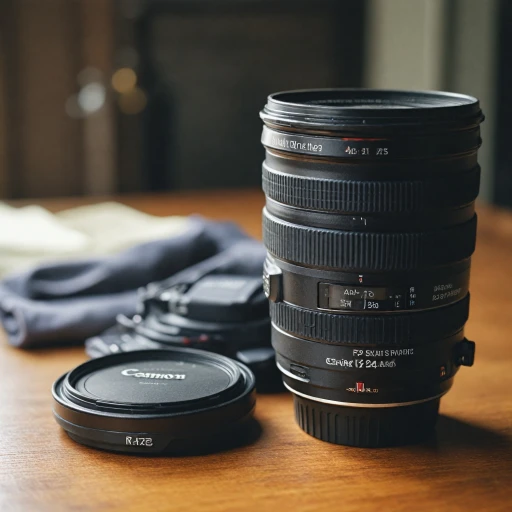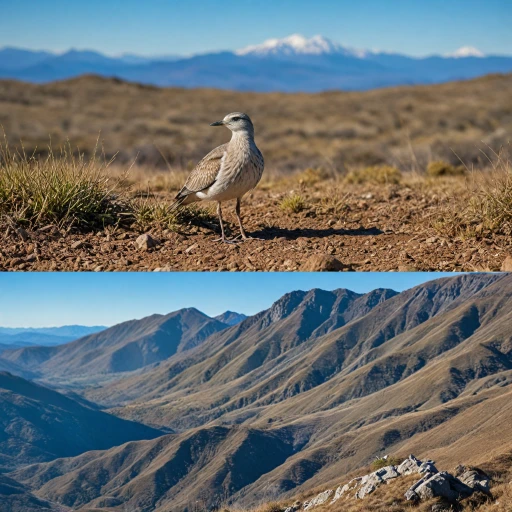
Understanding the Nikon 70-300mm Lens
The Nikon 70-300mm Lens in Focus
The Nikon 70-300mm lens is a popular choice among photography enthusiasts and professionals alike, providing a versatile range that is ideal for numerous photography styles. This lens is a telephoto zoom lens, meaning it allows photographers to capture subjects from a distance with clarity—making it particularly useful for wildlife photography and sports events. One of the standout aspects of this Nikon lens is its ability to deliver sharp images while maintaining a relatively compact and lightweight design. This ensures that photographers can enjoy the benefits of a telephoto lens without being burdened by excessive weight, making it a good option for those looking to travel light. The lens is part of the acclaimed NIKKOR line, known for its precision and optical quality. Photographers will appreciate the inclusion of features such as vibration reduction, which helps to eliminate the blur that can occur in low light or when shooting handheld. With auto and manual focus capabilities, users can choose their preferred focusing method, ensuring flexibility in different shooting scenarios. The lens also contains a focus ring that allows for quick adjustments, enhancing its practicality during shoots. For those considering purchasing this lens, detailed reviews can be found on popular retail platforms such as Amazon, where the community offers firsthand insights into its performance and value. Additionally, the price point of the Nikon 70-300mm lens often makes it a competitive option compared to similar zoom lenses found on the market. Interested in photography gear that sparks conversation? Consider a unique gift for photography enthusiasts, like a camera lens coffee mug. It's a fun way to show appreciation for their passion and makes for a memorable gift. For more on this, check out this article.Key Features and Specifications
Outstanding Specifications and Features
The Nikon 70-300mm lens, a popular nikkor model, stands out with its impressive array of specifications designed to enhance photography across various styles. At its core, the lens features an expansive focal length range of 70-300mm, allowing photographers to capture a wide array of subjects, from close-up portraits to distant wildlife. This zoom lens is particularly favored for its telephoto capabilities, making it a great choice for those interested in wildlife photography or sports.
Advanced Vibration Reduction
One of the hallmark features of this Nikon lens is its Vibration Reduction (VR) technology. This image stabilization feature is indispensable when shooting handheld, ensuring that images remain sharp even in low light conditions. The VR system helps reduce blur caused by camera shake, allowing for slower shutter speeds without sacrificing sharpness. This feature proves especially beneficial when working at longer focal lengths or when shooting in low light settings.
Focus and Aperture Capabilities
The lens offers both auto focus and manual focus options, providing flexibility depending on the shooting scenario. The focus ring is designed for smooth operation, ensuring precision whether you're adjusting focus manually or relying on the lens's rapid auto focus capabilities. At its widest setting, the lens offers a maximum aperture of f/4.5-5.6, which performs well in a range of lighting conditions, though some users note that wider apertures may be preferred for optimal low light performance.
Build Quality and Price Point
The build of the Nikon 70-300mm lens reflects the brand's commitment to quality. Constructed with durable materials, the lens is designed to withstand regular usage while maintaining performance. In terms of pricing, this zoom lens offers a good balance between cost and features, making it accessible to both hobbyists and professionals alike. Reviews on platforms such as Amazon often highlight the lens's cost-effectiveness relative to its capabilities.
For those comparing the Nikon 70-300mm lens with competitors, such as those from Tamron or other lenses in its class, these features underscore why it's a preferred choice. To further enhance the versatility of your photography gear, you may want to explore the merits of Canon's wide view lenses and see how they complement your Nikon equipment.
Benefits for Different Photography Styles
Optimizing the Nikon 70-300mm for Various Photography Styles
The Nikon 70-300mm lens is renowned for its flexibility across different photographic genres, making it a valuable addition to any photographer's toolkit. Here's how this telephoto lens adapts to various styles of photography:- Wildlife Photography: The extended focal length of the Nikon 70-300mm, coupled with its vibration reduction feature, allows photographers to capture sharp, detailed images from a distance. This is particularly beneficial in wildlife photography where maintaining a safe distance from subjects is essential.
- Sports and Action Shots: The fast auto focus capabilities of this lens make it ideal for capturing dynamic action scenes. Whether you're at a fast-paced sporting event or shooting an exhilarating car race, this zoom lens ensures you won’t miss critical moments.
- Portrait Photography: Although typically not the first choice for portraits, the lens performs well in this area. The ability to zoom allows for creative framing, and when used wide open, the lens offers a beautiful bokeh effect that enhances subject isolation.
- Landscape Photography: While traditionally a telephoto lens is not synonymous with landscapes, the Nikon 70-300mm's focal length can compress scenic vistas, highlighting distant details with clarity—a technique often overlooked by those who favor wide-angle optics.
- Low Light Situations: Despite the lens's moderate aperture, it compensates with its good vibration reduction system, facilitating handheld shooting in environments with subdued lighting. Pairing it with optimal Nikon ISO settings can further enhance low light performance.
Comparing with Other Lenses in Its Class
Nikon 70-300mm Lens: Standing Out Among Peers
When evaluating the Nikon 70-300mm lens, it's essential to look at how it stacks up against other lenses in its category. This lens holds a respectable position due to its versatile focal length and suitability across a range of photography styles, from wildlife photography to low light situations.- Telephoto Capabilities: The 70-300mm focal length provides excellent reach, making it a good choice for capturing distant subjects, much like the popular Tamron zoom lens alternatives.
- Image Stabilization: Equipped with the Nikon vibration reduction feature, this telephoto lens reduces camera shake, providing enhanced sharpness and clarity comparable to more expensive lenses.
- Auto and Manual Focus: The integration of both auto focus and manual focus capabilities, with a smooth focus ring, offers photographers flexibility based on the shooting conditions and individual preference.
Tips for Maximizing Lens Performance
Get the Best Results with Your Nikon 70-300mm Lens
To enhance the performance of your Nikon 70-300mm lens, especially during those decisive moments, a few practical tips can go a long way. Whether you're capturing the intricate details of wildlife photography, landscapes, or low-light conditions, here’s how to make the most of your versatile telephoto lens.- Adjusting Focus Accurately: Utilize the focus ring for manual focus in challenging light conditions to ensure sharp images. Auto focus may serve you well in well-lit scenes or when performing action shots.
- Experiment with Focal Length: The zoom capacity of 70-300mm offers a wide range of focal lengths. Vary your focal length to suit the subject and scene, perfect for dynamic compositions and varying perspectives.
- Leverage Vibration Reduction: Nikon's vibration reduction feature is a boon for low-light settings, effectively minimizing blur from handheld shots. It enables you to lower the ISO, maintaining great image quality without sacrificing speed.
- Shooting Wide Open: Embrace shooting at the widest aperture to create beautiful background bokeh, enhancing the subject of your photos with a dreamy and professional look.
- Utilize Image Stabilization: In challenging environments or while panning your camera, image stabilization ensures crisp and clear photos, compensating for inadvertent movements.
- Optimize ISO Settings: Adapting ISO to suit lighting conditions can enhance sharpness and clarity. For instance, lower the ISO in bright conditions or slightly increase it during nighttime shoots to maintain high-quality shots.
- Check Online Reviews: Observing user feedback from platforms like Amazon provides insights into real-world performance vs expectations, ensuring you get the most out of the lens based on collective experiences.
User Experiences and Reviews
User Insights on the Nikon 70-300mm
Feedback from photography enthusiasts and professionals can provide valuable insights into how the Nikon 70-300mm lens performs in real-world scenarios. Based on comprehensive reviews gather from various platforms, including Amazon and photography forums, several themes emerge regarding user satisfaction and experiences.- Sharpness and Image Quality: Users often highlight the lens's ability to produce sharp images across its focal length range. The exceptional clarity, even when the lens is wide open, is frequently praised, especially for architectural and landscape photography.
- Focus and Zoom Capabilities: The lens's auto focus system, combined with its versatility for zoom, is acclaimed for its responsiveness. While the manual focus is less commonly used, it remains a valued option for those requiring precise control, particularly in low light conditions or specialized shooting environments like wildlife photography.
- Performance in Low Light: With vibration reduction technology, the Nikon lens enhances low light performance significantly, minimizing camera shake and ensuring image stabilization. This feature is frequently mentioned in reviews as a major advantage when shooting in challenging lighting situations.
- Price and Value: For many, the Nikon 70-300mm lens offers great value for money. It competes well with alternatives such as the Tamron equivalent, offering a balance of performance and affordability that suits both amateur and professional photographers. The reliability of Nikon's build quality and the lens's durability under different conditions further support its good reputation in terms of cost-effectiveness.
- Compatibility and Adaptability: The versatility of the Nikon Nikkor lens makes it a popular choice for those using a Nikon DSLR. Its adaptability to different photography styles such as wildlife, portrait, and telephoto work broadens its appeal.

